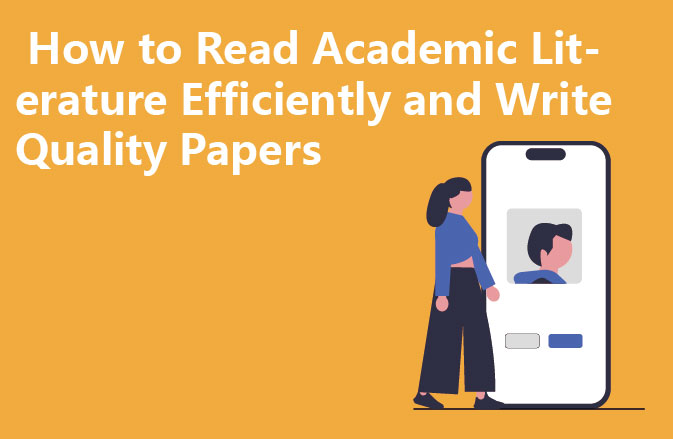1. Description stage – digging out the ‘treasure’ of the research background.
In this stage, the focus is on the four aspects of ‘what, where, when, who’ to fully understand the basic situation of the study. This is like digging for treasure, only when you know where the treasure is can you start digging.
For example, when we read a piece of literature related to a topic, we can try to ask the following questions:
(1) What is this article really about?
(2) Who wrote this article? What is his/her position in the field?
(3) When was this article written? What was the context in which it was written?
(4) What is the main research purpose of this article?
By answering these questions, we will be able to have a preliminary understanding of the background of the study and prepare ourselves for the in-depth analysis that follows.
2. Analysis stage – in-depth analysis of the research content
In this stage, we have to explore in depth the methodology of the study, the reasons for the theoretical discussion and other issues. It is like dissecting a sparrow, we have to take the whole article apart and find out the mystery.
For example, when reading the literature, we can try to ask the following questions:
(1) How did the researchers do this study? What methods did they use?
(2) Why are these theories being discussed? What is their role in the study?
(3) Are there limitations to these theories and methods? If so, how should they be improved?
By answering these questions, we will not only be able to better understand the research, but we will also be able to break it down into parts and think about the relevance of each part to the overall study. In this way, we will be able to find more analytical answers and think at a deeper level when writing the paper.
3. Evaluation stage – Summarising the research results and looking forward to future development
In this stage, we have to focus on the significance, relevance and limitations of the research, as well as think about the next step of the research. It is like putting an end to the research, but not really an end, but a new beginning.
For example, when reading academic literature and writing a paper, we might try asking the following questions:
(1) How informative is this research for my assignment?
(2) What are the strengths and weaknesses of this study compared to other studies I have read before?
(3) Based on this study, what direction do I think future research should take?
By answering these questions, we are able to draw reasonable conclusions or recommendations to guide subsequent studies and research.




